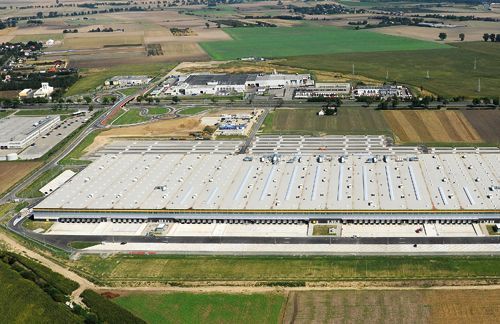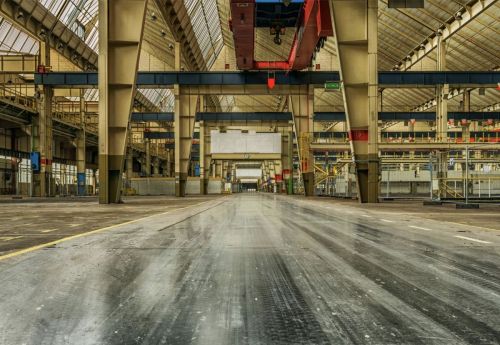Warehouse and industrial developers used to be quite reluctant to venture beyond traditional business models based on the leasing of buildings and selling them to real estate investors. But now they are becoming increasingly attracted to the idea of instead being the owners of buildings, building them for the occupiers to own in exchange for a lump sum. Even though the model is still rare and very much on the fringe of traditional development activity, it allows developers to compete for such contracts with general contractors. A developer can succeed in this thanks to economies of scale and mostly due to the range of services they can provide. The developer will not only take on the responsibility for the design of the building, the permits and its financing, but can also help to search for the site, provide legal and negotiation support for the purchase of the plot and will also save the client the trouble of choosing construction companies.
A decade on Polish market
Colliers Inter





























































